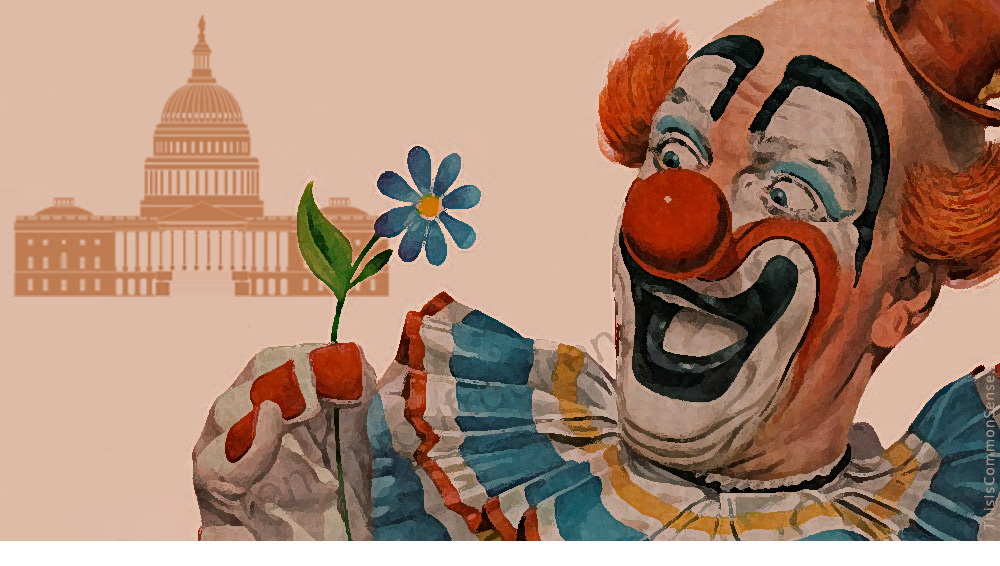“We’re not going to make America great again,” New York Gov. Andrew Cuomo proclaimed at a bill-signing ceremony this week. And then, further poking the president, the governor added, to gasps from the audience: “It was never that great.”
America — for all its faults, failings, and wrongdoings — has been a tremendous force for good, for freedom. At the same time, talking about how great we are really seems … what’s the word? Boastful.
“We have not reached greatness,” Cuomo went on to clarify. “We will reach greatness when every American is fully engaged. We will reach greatness when discrimination and stereotyping against women, 51 percent of our population, is gone and every woman’s full potential is realized and unleashed and every woman is making her full contribution.”
This is pie-in-the-sky stuff. Utopianism. The state government of New York is not going to succeed — or even actually try — to “engage” every citizen “fully.” Neither will the Empire State help “every” female New Yorker to self-actualize … while magically wiping out “stereotyping.”
When very real governments fixate on fantasy, they can only fail. Achievable responsibilities — like fixing roads, improving schools, enforcing laws — fall by the wayside.
Both President Trump and Governor Cuomo would do well to concern themselves with running the government. Leave the greatness to the rest of us.
Oh, and the rest of the story?
“I’m Andrew Cuomo, and I work for you,” the governor said in a 2010 video announcing his entry into the gubernatorial race.
“Together,” he went on to declare, “we can make New York great again.”
This is Common Sense. I’m Paul Jacob.











